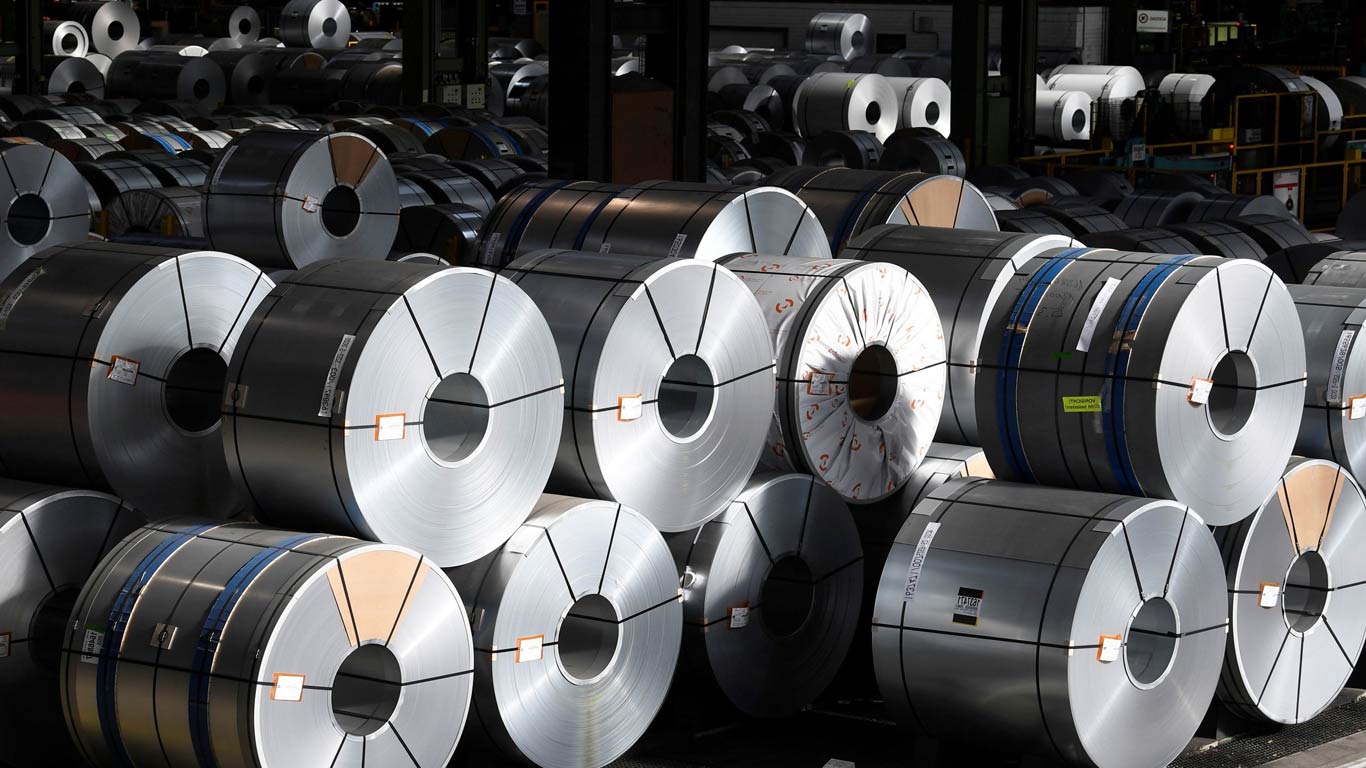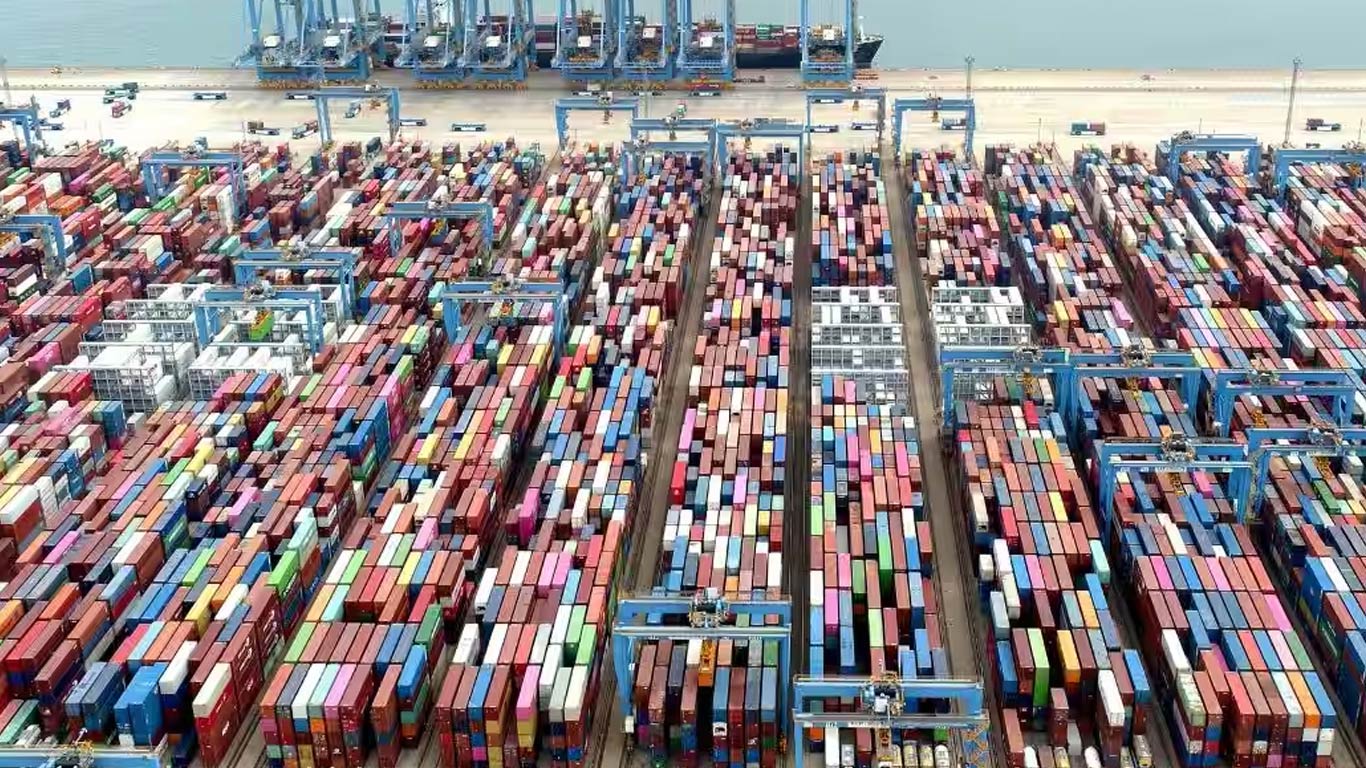Walmart to check Bangladesh factory safety protocols itself
Updated: May 16, 2013 03:56:58pm
Several other US retailers too have refrained from joining the deal, even though European retailers, including Hennes & Mauritz and Inditex which owns Zara have said they would sign an accord to improve safety conditions in factories in Bangladesh.
The Rana Plaza building collapse that killed more than 1100 people has put the spotlight on building safety of factories in Bangladesh and labour groups have since come up with an industry-wide pact to improve fire and building safety conditions.
BBC has indicated that more than a dozen European companies including discount clothing company Primark and UK supermarket chain Tesco have signed up to the legally binding ‘Accord on Fire and Building Safety in Bangladesh.’
The agreement was drafted by European NGOs IndustriALL and UNI Global Union, and has a deadline of May-15.
The move comes after the international brands were criticized for not caring for the welfare of low-paid workers, following a spate of incidents including the factory fire at Tazreen Fashions plant last November which supplied good to Walmart and other western retailers. More than 110 people were killed in the incident that led to large scale protests in Dhaka which led to Walmart cutting ties with its supplier, preferring to initiate its own inspection.
In this case too, Walmart has refused to participate in the according, having plans to conducts its own inspection in 279 factories in the hope that they receive results faster. They also intend to ensure that every worker receives fire safety training.
Meanwhile, the International Labour Organisation (ILO) has applauded the new accord, offering support to implement it and thereby influence labour laws of the country to be at par with international standards.
On its part, the Government of Bangladesh has assured western buyers, promising to improve conditions, increasing minimum wage and remove restrictions to forming unions.
As much as 80 per cent of the country’s exports are garments and Bangladesh’s monthly minimum wages are currently USD 38, the lowest in the world. (KNN)











